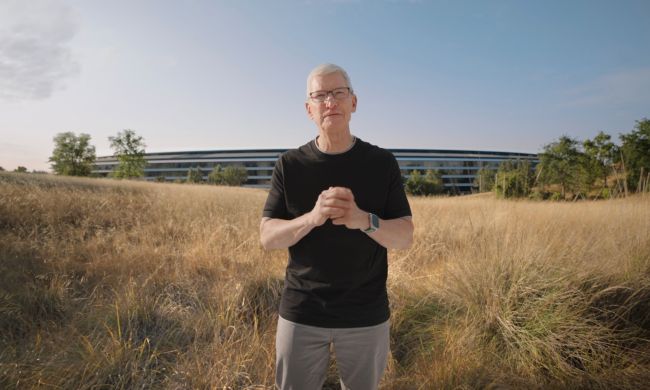
Cook seemed to suggest that AI in the iPhone would move beyond Siri and would actually help increase your battery life through resource management. It would also recommend music more skillfully, and perform other background tasks. As is typical with Apple, Cook stayed tight-lipped on specifics but said the Yokohama team will deal with “deep engineering” and be quite different from its planned R&D effort in China.
Apple’s new offices in Beijing’s Zhongguancun Science Park are expected to focus on hardware, and a second office in Shenzen is also planned. That second office is also likely to work on hardware, given that Shenzen is the home city of the largest manufacturing facility of Foxconn’s, a major Chinese partner to Apple.
Related: Soon you’ll be able to pay for your subway fare in Japan with your iPhone
Locating AI work in Japan seems like a wise move. The country has a long history in robotics, and Japan’s government has begun to invest in AI. However, at the same time, Apple is also looking beef up its own AI chops, an area where it has lagged behind Microsoft and Google.
Siri is sometimes criticized for its simplicity and lack of capabilities. The AI often struggles to answer basic questions, with Walt Mossberg going as far as to call Siri “dumb” in a recent opinion piece for The Verge.
“In its current incarnation, Siri is too limited and unreliable to be an effective weapon for Apple in the coming AI wars. It seems stagnant,” Mossberg wrote. “Apple didn’t become great by just following the data on what customers are doing today. It became great by delighting customers with feats they didn’t expect.”
Digital Trends also recently tested out all three major AI offerings — Siri, Cortana, and Google Now — and came up with a similar conclusion. Cortana scored the best out of all three, and Siri struggled, likely because up until recently it was a closed platform. It’s too soon to judge whether third-party integration will make a difference, but Siri still seems like it hasn’t become appreciably better in quite some time.
Even on the desktop, Siri in MacOS Sierra seems to have trouble dealing with more complex queries or tasks, like attempting to find photos. That was a new feature Apple made a big deal about during WWDC, but we’ve often found it to work less reliably than advertised — however it seems to be improving.
Perhaps this new R&D center will help change that, but Apple does have quite a bit of catching up to do.


